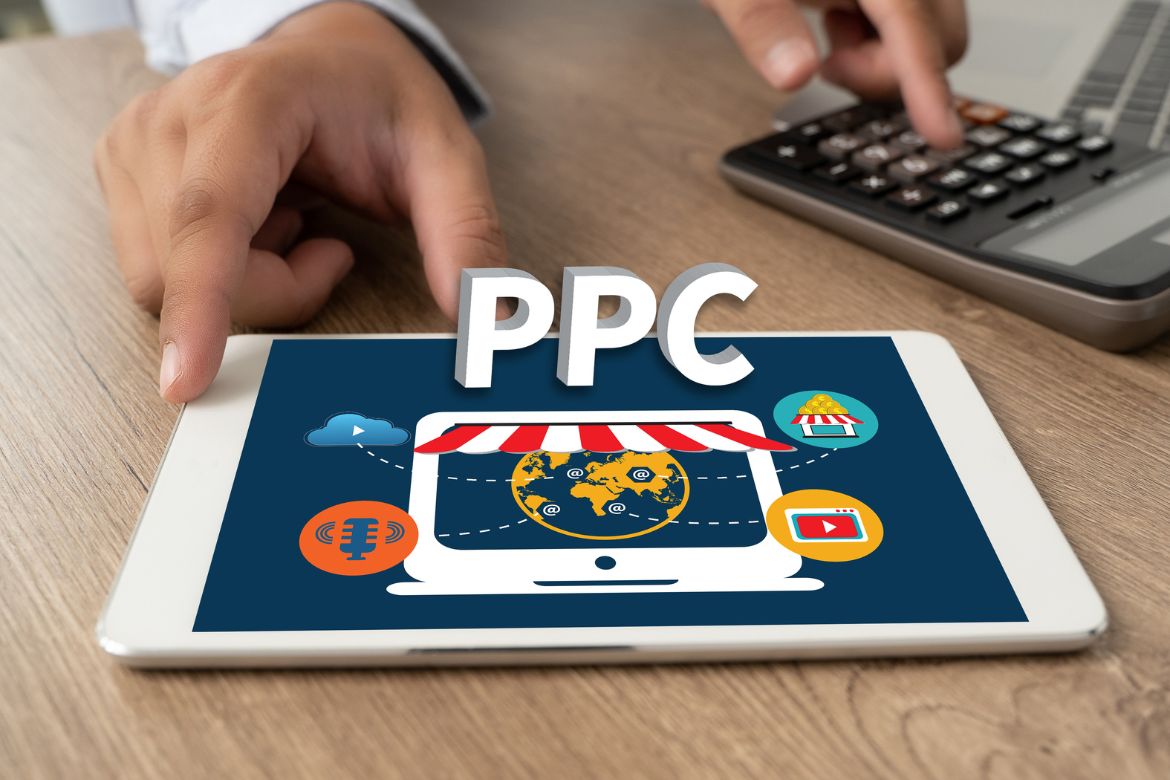Demystifying Contract Abstraction: A Comprehensive Guide for Legal Professionals
In the intricate realm of legal practice, contracts serve as the cornerstone of agreements, delineating rights, obligations, and expectations between parties. However, amidst the voluminous paperwork and intricate clauses, legal professionals often encounter the challenge of efficiently analyzing and extracting crucial information from contracts. This is where contract abstraction emerges as a vital tool, streamlining the process of reviewing and comprehending complex legal documents. In this comprehensive guide, we delve into the essence of contract abstraction, unraveling its intricacies, techniques, and significance for legal professionals.
Understanding Contract Abstraction:
Contract abstraction, in essence, involves the extraction of key provisions, obligations, and clauses from legal documents, condensing voluminous text into concise summaries. It serves as a strategic mechanism to distill pertinent information, facilitating efficient review, analysis, and decision-making. By isolating critical terms and provisions, legal professionals can gain a comprehensive overview of contractual obligations, rights, and potential risks.
The Significance of Contract Abstraction:
In today’s fast-paced legal landscape, time is of the essence. Legal professionals grapple with overwhelming caseloads and demanding deadlines, necessitating streamlined processes for contract review and analysis. Contract abstraction emerges as a pivotal solution, enabling attorneys to swiftly identify crucial clauses, assess contractual implications, and mitigate potential risks. Moreover, in the era of digital transformation, contract abstraction software harnesses the power of automation and artificial intelligence, revolutionizing the efficiency and accuracy of the abstraction process.
Key Techniques in Contract Abstraction:
Effective contract abstraction hinges upon a strategic approach and meticulous attention to detail. Legal professionals employ various techniques to extract pertinent information and distill complex contracts into digestible summaries. These techniques include:
1. Thematic Analysis: By categorizing clauses based on themes such as indemnity, termination, and confidentiality, legal professionals can systematically analyze contracts and identify recurring patterns or areas of concern.
2. Language Standardization: Standardizing language and terminology enhances clarity and consistency in contract abstraction, minimizing ambiguity and mitigating the risk of misinterpretation.
3. Metadata Extraction: Beyond textual content, metadata extraction entails capturing critical metadata elements such as effective dates, parties involved, and governing law provisions, providing comprehensive insights into contractual dynamics.
4. Automation and AI Integration: Leveraging cutting-edge technologies, such as artificial intelligence and natural language processing, legal professionals can expedite the contract abstraction process, enhance accuracy, and mitigate human error.
The Role of Legal Consulting Pro:
In the pursuit of excellence and efficiency, legal professionals rely on innovative tools and resources to navigate the complexities of contract abstraction. Legal Consulting Pro emerges as a trusted partner, offering state-of-the-art solutions and unparalleled expertise to empower legal professionals in their quest for excellence. With a commitment to excellence and a passion for innovation, Legal Consulting Pro redefines the landscape of legal practice, equipping professionals with the tools and insights needed to thrive in a dynamic and evolving environment.
Challenges and Considerations:
While contract abstraction offers a myriad of benefits, it also poses certain challenges and considerations. Human interpretation and judgment remain indispensable in the abstraction process, necessitating a balance between automation and human oversight. Moreover, varying jurisdictional requirements, linguistic nuances, and evolving regulatory frameworks underscore the importance of adaptability and agility in contract abstraction methodologies.
Best Practices in Contract Abstraction:
To maximize the efficacy of contract abstraction, legal professionals should adhere to best practices and principles:
1. Clear Objectives: Define clear objectives and priorities for contract abstraction, aligning the process with organizational goals and strategic imperatives.
2. Continuous Training and Education: Invest in continuous training and education to enhance proficiency in contract abstraction methodologies, stay abreast of emerging trends, and leverage cutting-edge technologies.
3. Quality Assurance: Implement robust quality assurance mechanisms to ensure accuracy, consistency, and compliance throughout the abstraction process, mitigating the risk of errors and discrepancies.
4. Collaboration and Communication: Foster a culture of collaboration and communication among legal teams, stakeholders, and clients, fostering transparency and alignment throughout the abstraction lifecycle.
Conclusion:
In the dynamic landscape of legal practice, contract abstraction emerges as a transformative tool, empowering legal professionals to navigate the complexities of contractual agreements with precision and proficiency. By harnessing innovative techniques, leveraging advanced technologies, and embracing best practices, legal professionals can streamline the abstraction process, mitigate risks, and unlock new opportunities for growth and success. As the legal industry continues to evolve, Legal Consulting Pro remains at the forefront, championing innovation, excellence, and empowerment for legal professionals worldwide. Embrace the power of contract abstraction and embark on a journey of unparalleled efficiency and insight in the pursuit of legal excellence.




